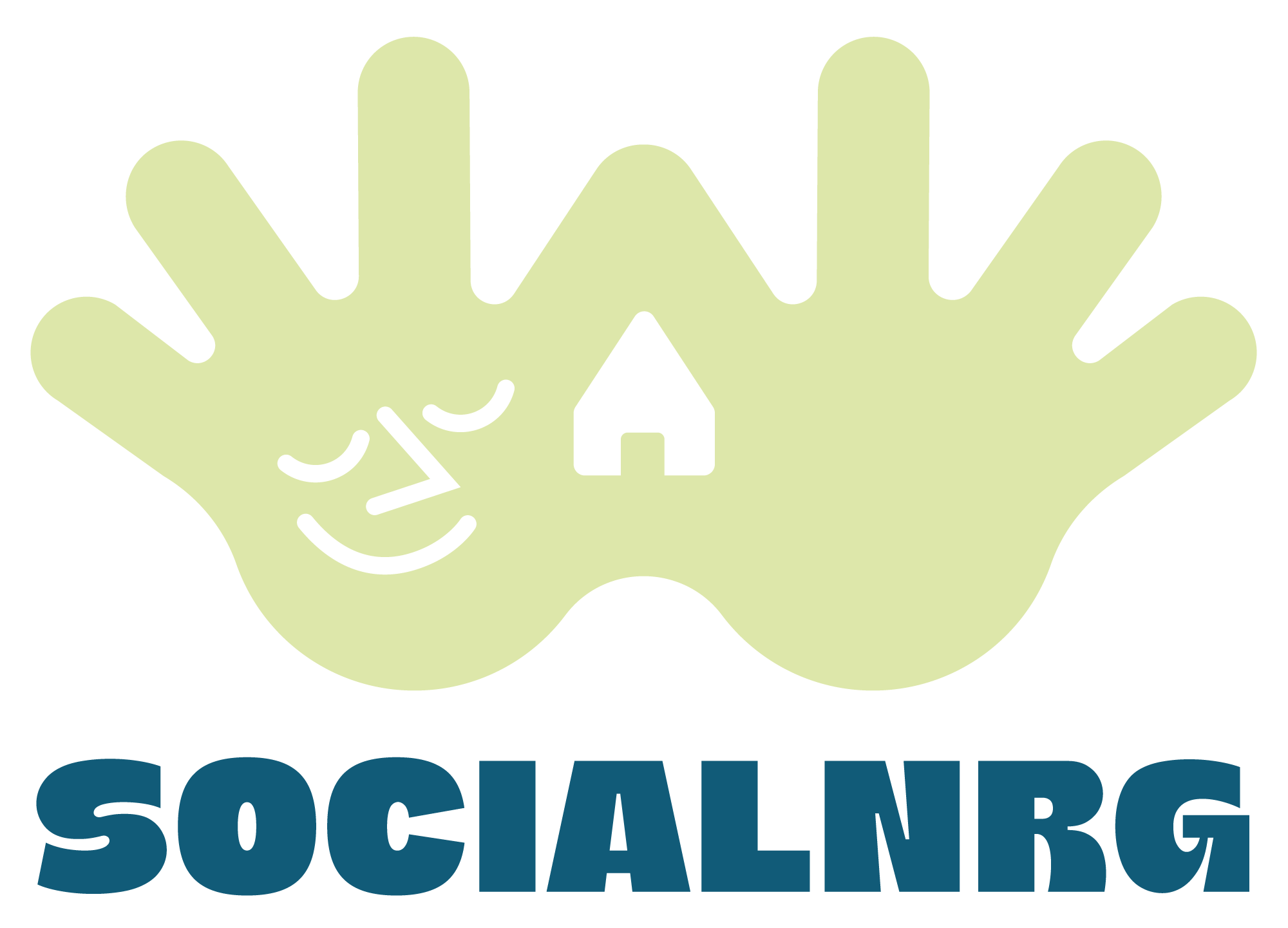
Call for Proposal
Duration
1. 10. 2024 – 30. 9. 2027
Total Eligible Costs
€ 1,993,492
- 95 % European Comission
- 5 % Ministry of the Environment, Climate and Energy
Contact at IRI UL
Project Consortium
- COMITE EUROPEEN DE COORDINATION DE L’HABITAT SOCIAL AISBL
- WOONMAATSCHAPPIJ RIVIERENLAND
- RESCOOP EU ASBL
- KLIMAAN
- FINABITA S.R.L.
- E’ NOSTRA SOCIETA COOPERATIVA
- STANOVANJSKO PODJETJE PODJETJE ZA GOSPODARJENJE Z OBJEKTI D.O.O.
- FOCUS ASSOCIATION FOR SUSTAINABLE DEVELOPMENT
- Institute for Innovation and Development of University of Ljubljana
Energy poverty and vulnerability are multidimensional problems which still affect a great number of households in Europe today. Many Member States are still narrowly focusing on (short term) one-size-fits all financial reliefs or social tariffs. Additionally, while people in vulnerable situations have long been considered “victims” of the current energy system, they are actually experts on how to improve the system and deliver basic, clean, reliable, and affordable energy services for all.
The SOCIALNRG consortium will develop, test and validate a novel and fully adaptable approach to applied in 3 pilot social housing communities in Slovenia, Italy and Belgium. The approach will be underpinned on: a participative co-design process to create, or adapt existing, energy communities and tackle their energy vulnerability; peer exchange and learning within and between the three pilots; and the development of recommendations to remove existing policy-level obstacles.
The goals of SOCIALNRG project are to:
- Reimagine and adapt the community energy model for the social, cooperative and public housing sector, with low-income residents affected by energy poverty, thereby creating a win-win situation that promotes sustainability, reduces energy costs, empowers vulnerable households, and fosters community development, trust and resilience.
- Anchor these approaches in strong co-creation methods with households affected by energy poverty, which will be essential for designing place-based solutions that take into account local social, cultural and economic factors and respond to identified needs, thereby supporting local ownership, empowerment and democracy.
- Bridge sector silos through involvement of local and regional authorities, social services, and antipoverty organisations in Local Advisory Boards (LABs), which will closely follow-up on project processes and results.
The approach will be translated into blueprints (for replication) which, though holding a common methodological core, will be entirely customisable to the specific circumstances and of each vulnerable population and territory. To support the replication in other context and similar receptive cross-sectoral coordination structures elsewhere, a capacity building programme (and materials) will also be developed and activated to train local and regional authorities, energy communities, social housing providers and energy poor families (among others) in 9 other EU countries.
In SOCIALNRG, IRI UL integrates social science expertise and methodology, leading qualitative research and co-creation activities, engaging energy poor and vulnerable households and stakeholder into participatory planning and a people-centred development processes. Through customised methodology, we will measure household attitudes toward energy poverty and energy community participation, while using workshops, interviews, and other methods to gather the essential data that will shape the energy communities in SOCIALNRG pilots. IRI UL leads WP2 (household engagement and co-creation activities), capacity-building and training (T3.3), participates in the planning and implementation of the Slovenian pilot in Ravne na Koroškem, and supports other project activities (dissemination, transfer and replication).


